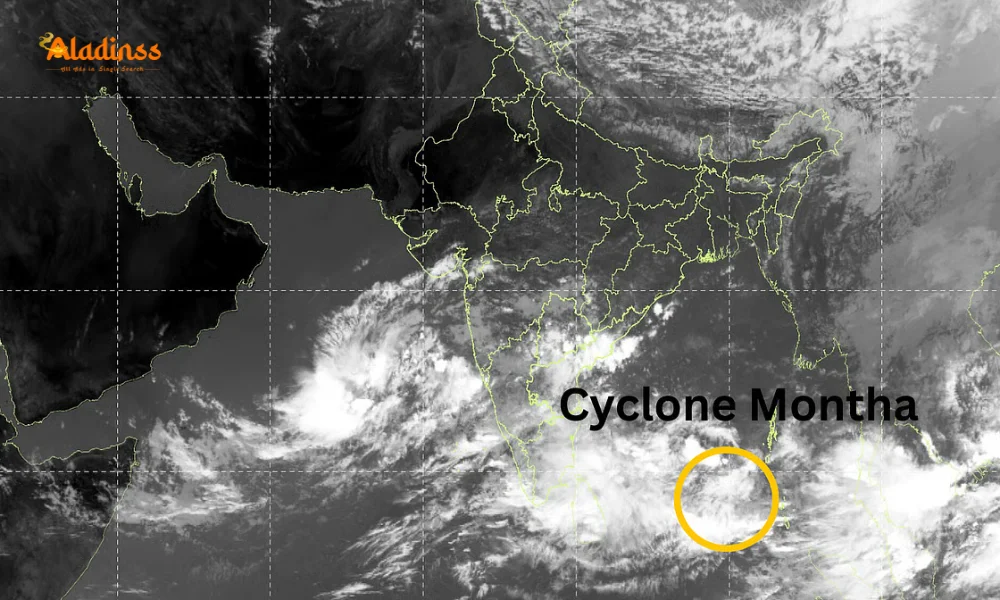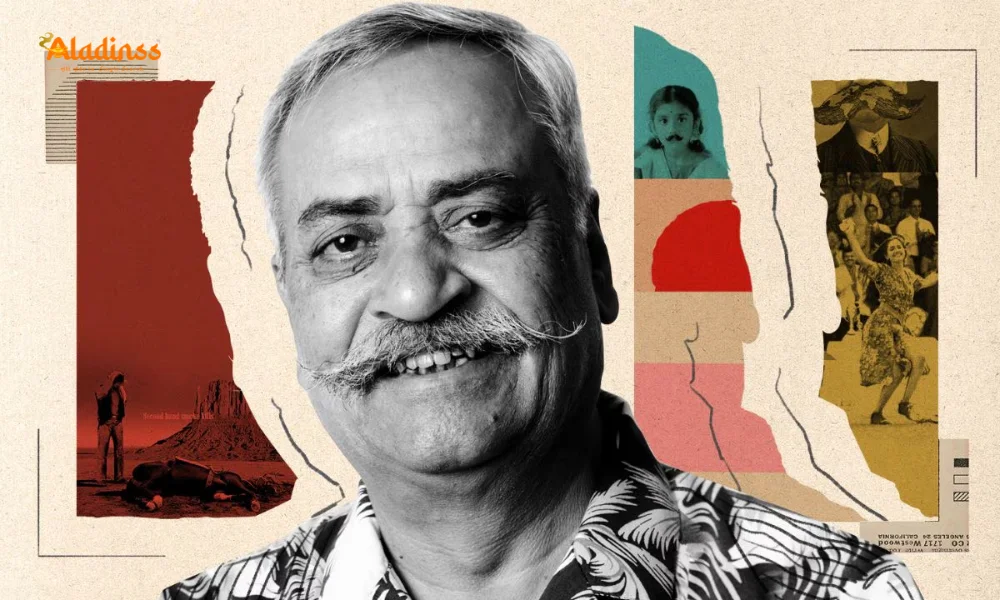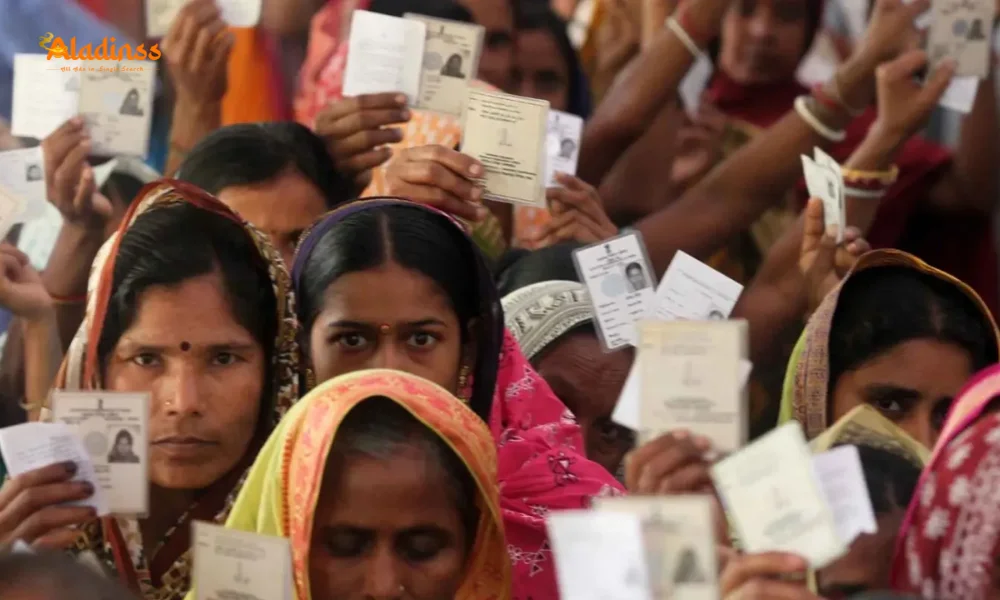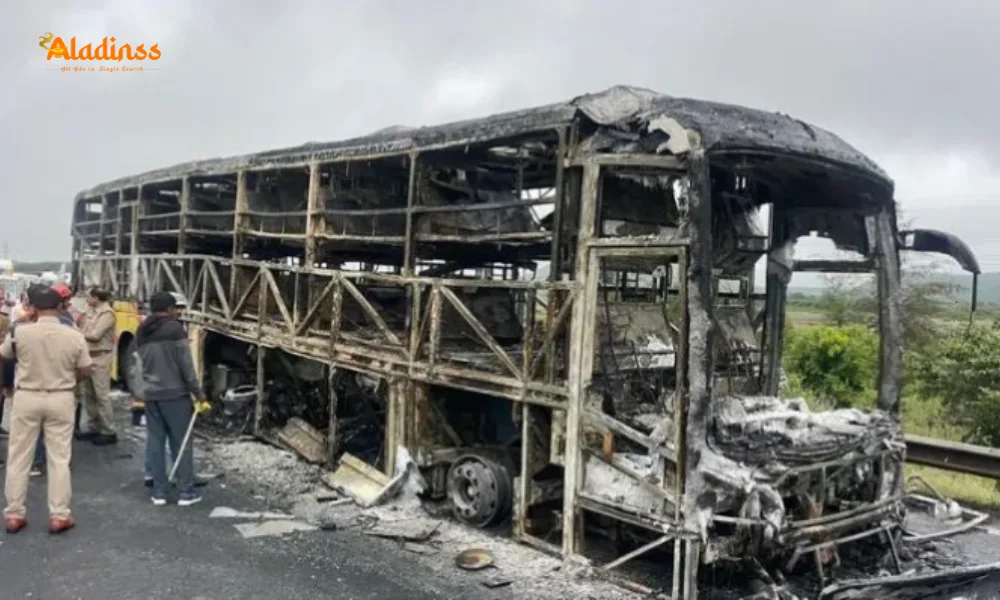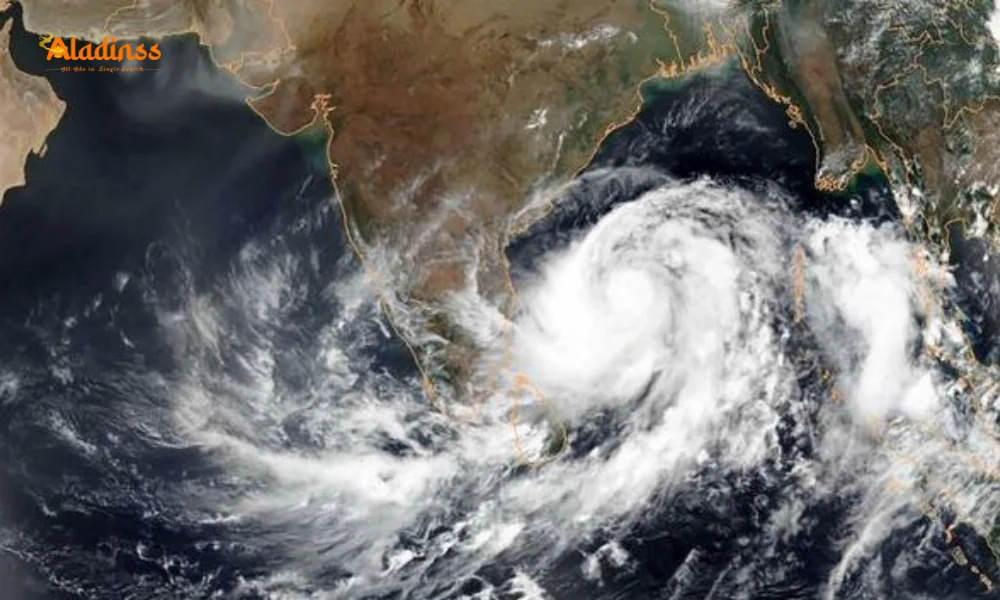Kalkaji Temple Sewadar Killed Over Chunni Prasad Dispute
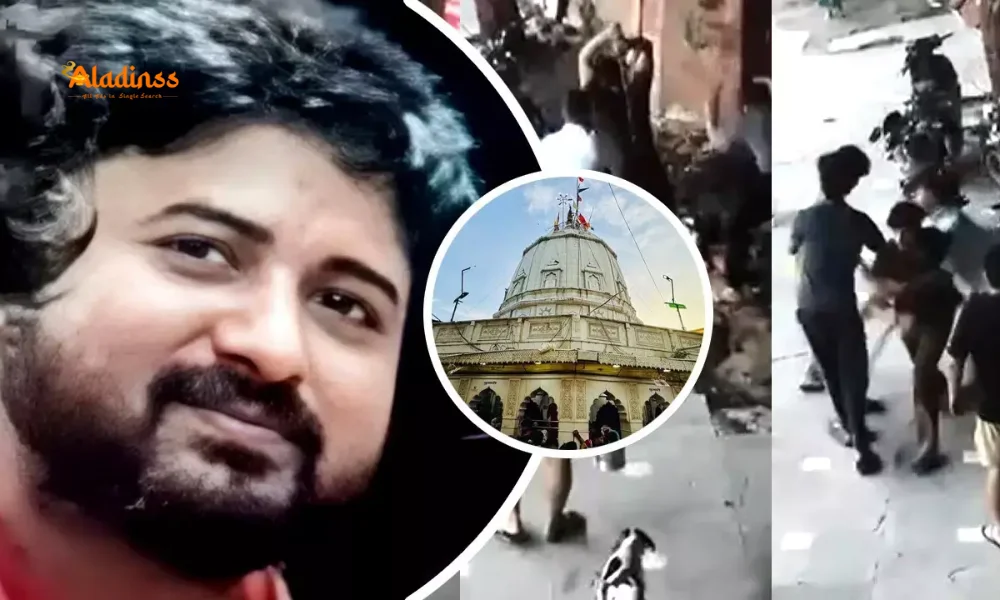
Kalkaji Temple Sewadar Beaten to Death Over 'Chunni Prasad' Dispute in Delhi
A tragic incident at Delhi’s Kalkaji Temple has left the community in shock, as a 35-year-old sewadar, Yogendra Singh, was brutally beaten to death by a group of visitors following a dispute over ‘Chunni Prasad’ on August 29, 2025. Singh, who had dedicated 14–15 years of service to the temple, succumbed to his injuries at the AIIMS Trauma Centre. The altercation, which took place during a routine post-darshan interaction, escalated into a violent assault, captured on CCTV and widely circulated online. This article delves into the details of the incident, the ongoing investigation, and the broader implications for safety at religious sites.
The Incident: A Dispute Turns Deadly
On the evening of August 29, 2025, at approximately 9:30 p.m., a PCR call alerted the Delhi Police to a violent assault inside the premises of the Kalkaji Temple in southeast Delhi. According to authorities, Yogendra Singh, a sewadar from Fattepur, Hardoi, Uttar Pradesh, was confronted by a group of devotees demanding ‘Chunni Prasad’—a sacred offering combining a headscarf and religious food—after completing their darshan. What began as a verbal disagreement quickly escalated into a physical confrontation, with the group allegedly attacking Singh with sticks and fists.
CCTV footage, which has since surfaced online, captures the horrifying scene: Singh, lying motionless on the ground, is repeatedly struck by at least two assailants wielding sticks, while others stand nearby. Despite efforts by temple staff and bystanders to intervene, Singh sustained severe injuries. He was rushed to the AIIMS Trauma Centre, but medical efforts could not save him, and he succumbed to his injuries later that night. The incident has sparked outrage, with many questioning how a sacred space could become the site of such violence.
Who Was Yogendra Singh?
Yogendra Singh, aged 35, was a dedicated sewadar who had served at the Kalkaji Temple for nearly a decade and a half. Hailing from Fattepur in Uttar Pradesh’s Hardoi district, Singh was known for his commitment to his duties, which included assisting devotees, managing temple activities, and ensuring smooth operations during crowded festivals like Navratri. Colleagues described him as a humble and diligent individual, deeply respected within the temple community. His tragic death has left a void, with fellow sewadars and devotees mourning the loss of a familiar and trusted figure.
Singh’s family, still reeling from the tragedy, has demanded justice. The loss of a sole breadwinner has raised concerns about the welfare of his dependents, prompting calls for compensation and support from temple authorities and the government. The incident has also drawn condolences from public figures, with leaders expressing dismay over the senseless violence that claimed Singh’s life.
Police Response and Investigation
Following the PCR call at 9:30 p.m., Delhi Police from the Kalkaji station responded swiftly, arriving at the scene to find Singh critically injured. One of the assailants, identified as Atul Pandey, a 30-year-old resident of Dakshinpuri, was apprehended by locals and handed over to the authorities. An FIR has been registered under Sections 103 (murder) and 3(5) (common intention) of the Bharatiya Nyaya Sanhita (BNS), signaling the seriousness of the crime. Deputy Commissioner of Police (Southeast) Hemant Tiwari confirmed that a manhunt is underway to locate the remaining suspects, believed to be five to six individuals seen in the CCTV footage.
The police are analyzing the CCTV footage to identify the other accused, with forensic teams collecting evidence from the scene. Preliminary investigations suggest that the dispute arose when Singh asked the group to wait for the ‘Chunni Prasad,’ leading to an aggressive response from the devotees, who reportedly arrived with a confrontational attitude. The authorities are also interviewing temple staff and witnesses to reconstruct the sequence of events and determine any underlying motives or prior altercations.
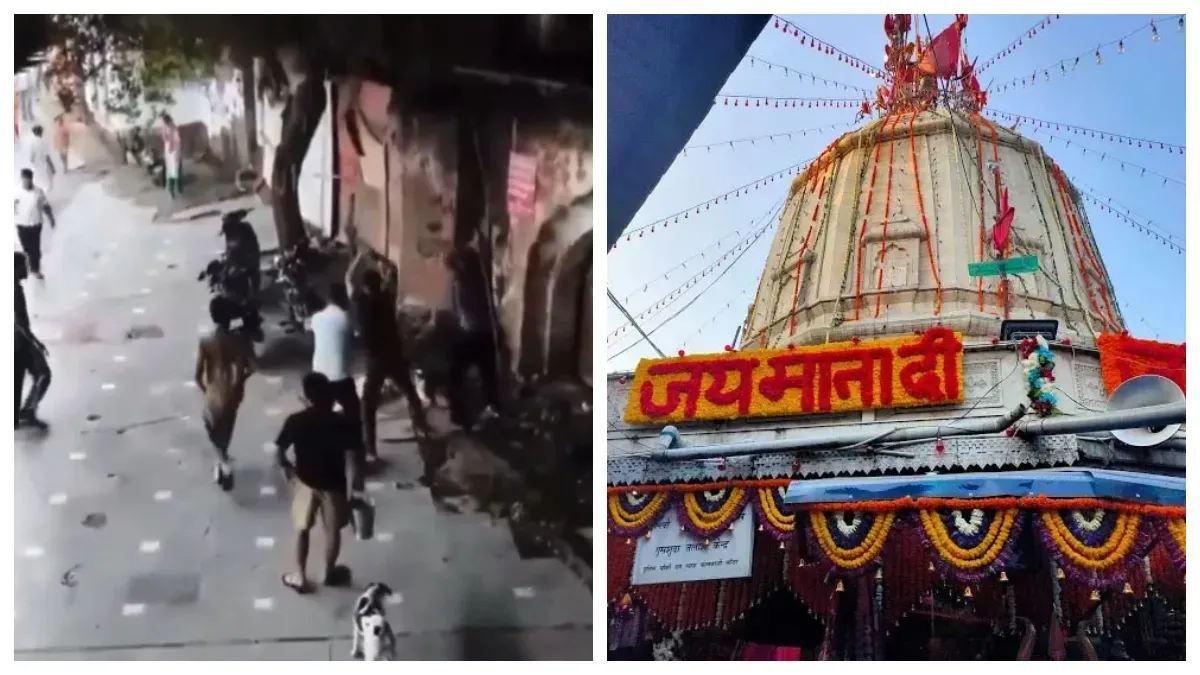
The Role of ‘Chunni Prasad’ in the Dispute
‘Chunni Prasad’ refers to a traditional offering at the Kalkaji Temple, a revered shrine dedicated to Goddess Kali. The offering typically includes a sacred headscarf (chunni) and food items, distributed to devotees after darshan as a symbol of divine blessings. According to temple sources, disputes over prasad are rare but can occur during peak hours or festivals when crowds swell, leading to delays or misunderstandings. In this case, a fellow sewadar named Raju reported that the group demanded prasad immediately, and when Singh asked them to wait a few minutes, they resorted to threats and violence.
The incident has raised questions about crowd management and devotee behavior at religious sites. The Kalkaji Temple, a major spiritual hub in Delhi, attracts thousands of visitors daily, particularly during festivals like Navratri. The pressure on sewadars to manage large crowds, coupled with occasional aggressive behavior from devotees, can create volatile situations. This tragedy has prompted renewed calls for stricter oversight and security measures to protect temple staff and ensure orderly conduct.
Safety Concerns at Religious Sites
The brutal killing of Yogendra Singh has highlighted ongoing safety concerns at religious sites across India. Temples, often bustling with devotees, can become flashpoints for disputes, especially during peak times. The lack of adequate security personnel and crowd control mechanisms can exacerbate tensions, putting sewadars and other staff at risk. This incident follows other recent tragedies at religious sites, such as the Hathras stampede, underscoring the need for comprehensive safety protocols.
Experts suggest that temples should implement measures like increased CCTV coverage, trained security teams, and clear guidelines for devotee behavior. The Delhi Police have promised to enhance security at Kalkaji Temple, including deploying additional personnel and reviewing crowd management strategies. Community leaders have also urged temple authorities to provide training for sewadars on handling confrontational situations, emphasizing de-escalation techniques to prevent such tragedies.
Public and Official Reactions
The incident has sparked widespread outrage, with social media platforms flooded with reactions condemning the violence. Hashtags like #JusticeForYogendraSingh and #KalkajiTemple have trended, reflecting public anger and calls for swift action against the perpetrators. Political leaders, including Delhi Chief Minister Arvind Kejriwal, expressed shock and urged for a thorough investigation, emphasizing the need to ensure justice for Singh’s family. Religious organizations have also condemned the attack, calling for respect and restraint among devotees visiting sacred sites.
The temple administration has pledged support for Singh’s family, with discussions underway about providing financial assistance. The incident has also prompted introspection within the community, with many questioning how a minor dispute over prasad could escalate to such a fatal outcome. The tragedy has reignited debates about the balance between devotion and discipline at religious sites, with calls for greater awareness and accountability.
Broader Implications for Delhi’s Safety
The Kalkaji Temple murder has added to concerns about rising crime in Delhi, with critics pointing to a perceived decline in law and order. The brazen nature of the attack, captured on camera in a public space, has raised questions about the effectiveness of policing and surveillance in the capital. The Delhi Police’s swift apprehension of Atul Pandey has been noted, but the escape of other suspects highlights challenges in ensuring immediate accountability in such cases.
The incident also underscores the need for community engagement to prevent such acts of violence. Religious leaders and local authorities are advocating for awareness campaigns to educate devotees about respectful behavior at temples. Additionally, there are calls for stricter enforcement of crowd control measures and the deployment of trained mediators to handle disputes, particularly during high-traffic periods.
Comment / Reply From
No comments yet. Be the first to comment!
